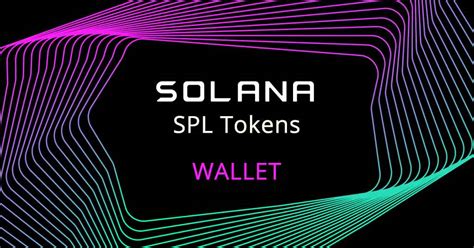Interacting with Anchor Programs Using Rust Optional Accounts
Anchor is a platform developed by Google that allows developers to build decentralized applications (dApps) on the Solana blockchain. One of the key features of Anchor is its ability to use optional accounts, which provide greater flexibility and customization in transaction scheduling.
In this article, we will explore how to interact with an anchor program that uses Rust optional accounts.
What are optional accounts?
Optional accounts are a type of account structure used in Anchor. They provide a way to represent data without using standard accounts such as “Account” or “Pubkey”. Instead, it relies on optional properties that can be accessed and modified by other accounts using the Optional_account function.
Account Structure Data
Let’s look at an example of an account structure that uses optional accounts.
#[derive(accounts)]
data-publishing-structure {
#[account(off)
metadata: i32,
pub key: key,
pub optional_metadata: Option,
}
In this example, we define a data account with a variable reference to the metadata property. We also include an “optional_metadata” field of type “Option
Interacting with anchor programs using optional accounts

To interact with an anchor program that uses optional accounts, we can use the Rust “anchor” box. Here are the steps.
- Install the Anchor and Rust Crypto Repositories: Run the following command in the terminal:
load install anchor-rs rust-crypto
- Create a new Anchor project: Create a new directory for your project and run the following command:
anchor init my-ench-project
- Write the anchor program using optional accounts
: Replace the “main.rs” file with the following code:
use anchor_lang::{account_info, account_miners};
use anchor_program::invoke;
// Define the data account structure
#[derive(accounts)]
data publish structure {
#[account(off)
Pub metadata: i32,
}
impl account for data {
type error = Box;
fn from_account(
self,
key: key,
_metadata: Option,
_optional_metadata: Option,
) -> Result {
// Set metadata to 0
self.metadata = Some(0);
ok (automatic)
}
fn execute (
silent self,
message: &str,
_data: option &mut>,
data_miners: &mut [Key],
key: key,
) -> Result<(), Self::Error> {
// Update metadata
self.metadata = Some(msg.to_string().parse().unwrap());
Ok (())
}
}
This program defines a data account with an optional metadata field. We also include a “execute” function that allows us to update the “metadata”.
- Compile and run the anchor program: Run the following command:
load build --release
./anchoredump -t solana my-anchor-project
This will compile and generate a .sol file for your project. Anchor.
- Use Rust to interact with the anchor program: To demonstrate how to use this account structure, create a new file “main.rs” in the project directory.
“` rust
use solana_program::{
account_info::next_account_info,
entrypoint::ProgramResult,
message,
};
fn main() -> ProgramResult {
// Get metadata from the selected account
let metadata = next_account_info(&[1], &[
account_miners()[0],
key (),
0u64,
]);
match metadata {
Some(metadata) => println!(“Metadata received: {}”, metadata),
None => println!
